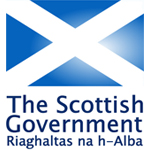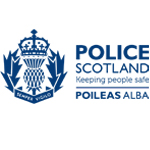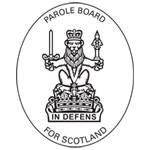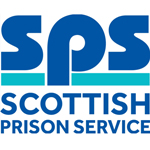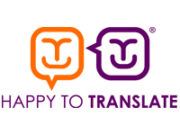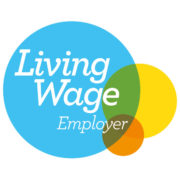Why volunteering is not a ‘drag’
It’s Purple Friday – a national day against homophobia, biphobia and transphobia and showing support for LGBTI equality.
In this blog post, Victim Support Scotland volunteer Jordan talks about his motivations for volunteering with us as well as his passion for performance.
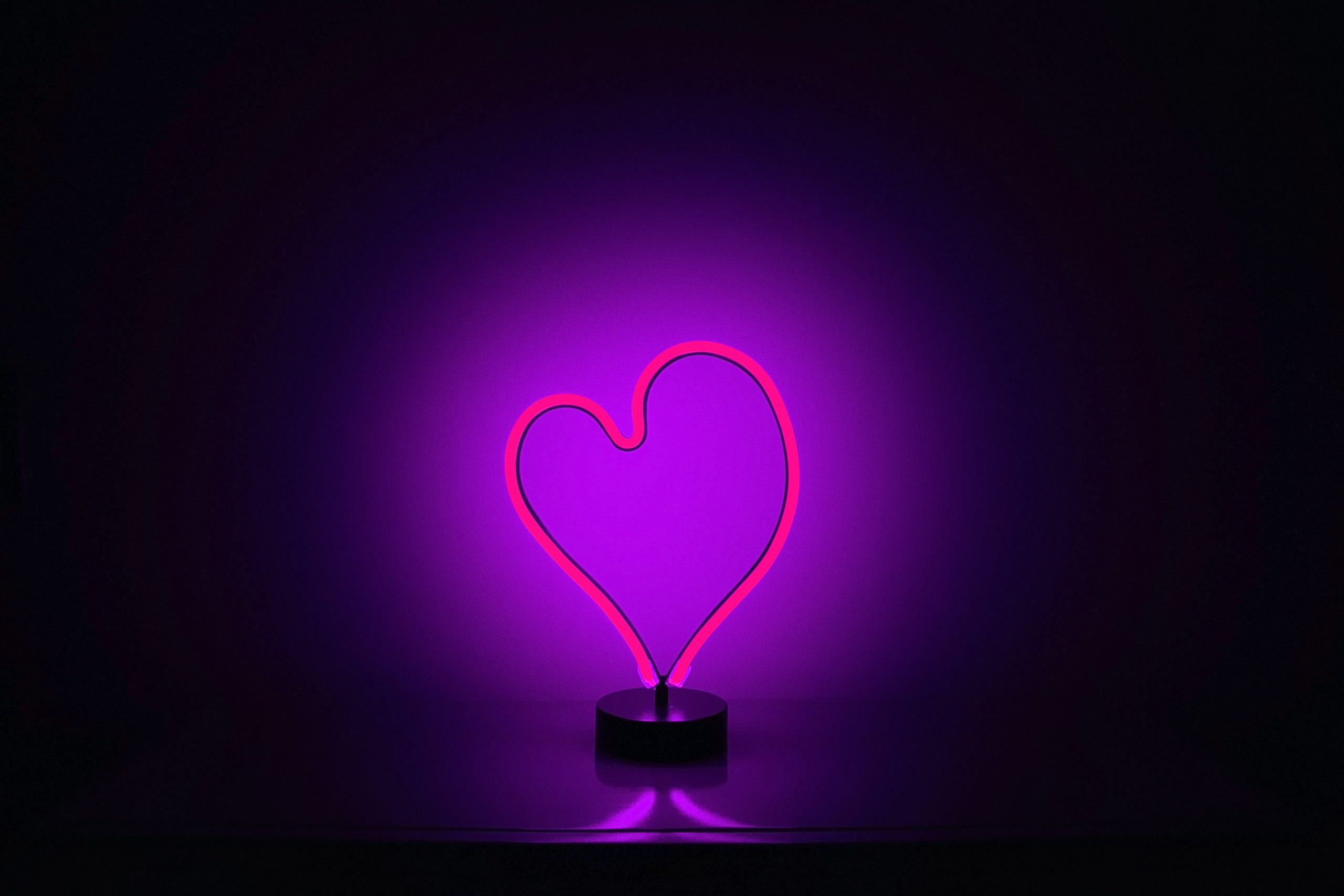
I’m a Masters student at the University of Stirling, where I am currently enrolled on the MSc Criminology course. Others know me as Rayna Destruction – international drag superstar and Edinburgh’s neon-covered clown… (I’m a drag queen).
I’m also a volunteer for Victim Support Scotland, an organisation which offers incredibly important services to those affected by crime, both in a community setting and also within the criminal justice system itself with our court-based services.
My interest in volunteering for Victim Support Scotland and my drag career share a similar emotional impetus: I like helping people.
On this Purple Friday, it’s important to remind people that Victim Support Scotland is here to help everyone in the aftermath of a crime, regardless of their background and how they identify themselves. We can help you by talking through the experience of crime and what it was like for you, as well as guiding you through the process of attending court.
I’ve been an active drag performer for about two and a half years now. I had always been very musical as a child, playing several instruments and later learning to sing. I never enjoyed performing in front of people, however; I much preferred playing for myself within the comfort (and seclusion) of my bedroom.
Years later, when I was in my early twenties, I first experimented with drag as I was drawn to the theatricality of the make-up and costumes, but also the musicality of it all. I’d seen drag queens (as well as kings and inter-binary performers who don’t identity with one or the other) sing and play instruments on TV – so why couldn’t I do it? Drag is like a suit of armour – you feel invincible when you’re in drag. This is what gave me the courage to perform in front of others and share my stories through performance art.
I started sporadically performing at local drag shows, very much as a hobby and just a bit of fun. It wasn’t until much later that I realised how much more important – and more meaningful – drag is for myself and many others. Drag is, like most performance art forms, a means of escape. It allows the performer (and their audience) to forget about the banality of everyday life, even just for a short while.
Drag creates for a very special relationship between performers and audiences. It’s very reciprocal – we exchange stories through our performances; these stories can convey and illicit an array of emotions, from joyous and comical to tragic and heart-rending – sometimes all in the same singular performance.
For me, making people laugh is most rewarding. If you’ve had a hard day, coming to a drag show can be very therapeutic. It’s like a circus – I often call myself a drag clown. We paint on colourful expressions and wear over-the-top costumes, all for the express purpose of entertaining others.
For the past year, I have produced and hosted my own alternative drag show called Biohazard, which takes place on the first and third Thursdays of the month, as well as the fourth Saturday, at Banshee Labyrinth, Edinburgh’s most haunted bar. The show has been very successful, attracting drag artists from all over the UK and overseas.
Like Victim Support Scotland, my show is a safe space for people who need it. Sometimes people need to talk, to cry, maybe even to laugh… it helps them process what they’re going through. And letting them know that they are not alone – and what they are feeling is completely normal and valid – is an integral part of my role as a volunteer within the organisation. It’s all about emotional support; people like to know they have someone to talk to, to share their stories with, whether it’s at a drag show or with volunteers working with organisations such as Victim Support Scotland.
It’s important that people coming to use our services feel comfortable by who they are seen by. As a volunteer who is part of the LGBTQ community, I can see this and for me I would be more likely to access the services of a charity where the workforce has someone I can identify with.
Victim Support Scotland is here to help.
No one expects to be a victim of crime, but it can happen to anyone. Victim Support Scotland provides information, emotional support and practical assistance to people affected by crime, including victims, witnesses and their families and friends.
If you have experienced a crime and would like support, Victim Support is here to help you. Click here for more details about the support we offer or call our helpline on 0800 160 1985.
Volunteer with Victim Support Scotland
Find out moreLatest news and blogs
-
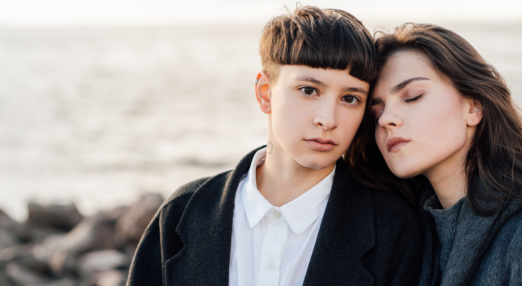
Victims’ charity seeks support to uphold victims’ rights
Victim Support Scotland, Scotland’s leading national charity for victims, is urging MSPs to consider victim support and information needs in the Children (Care and Justice) (Scotland) Bill as the debate of Stage 3 of the Bill approaches on 24 April.
Read more
-
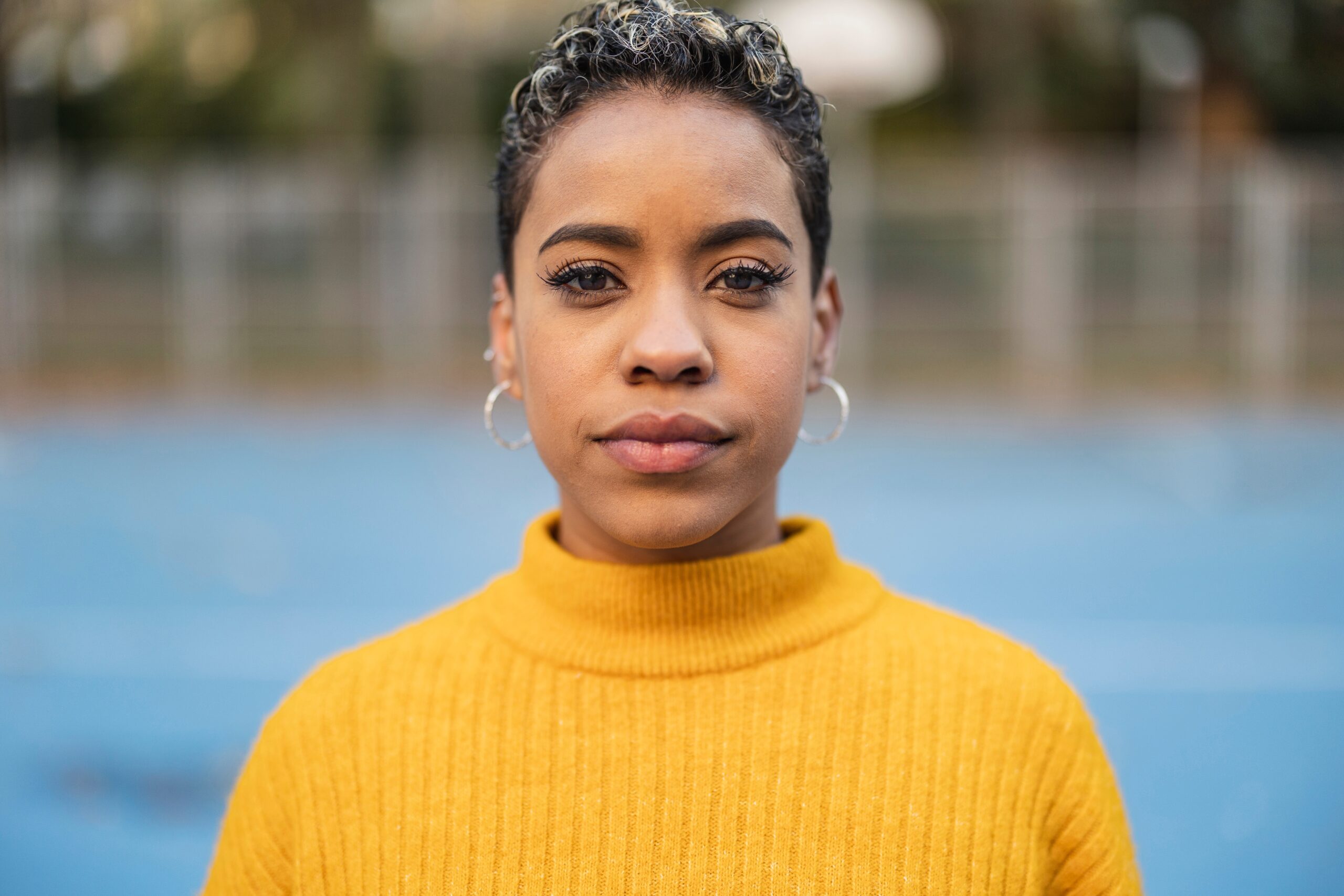
Join Victim Support Scotland as a charity Trustee
Are you an exceptional leader, ambitious for change to improve victims’ and witnesses’ experiences of the criminal justice system? Leading charity VSS is looking for high calibre and committed professionals to join our Board of Trustees.
Read more
-
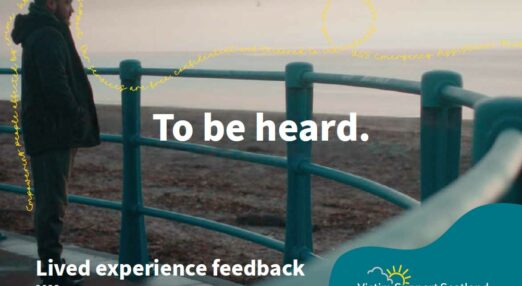
The importance of feedback
We always seek to hear from individuals affected by crime about their experiences with our services. This is crucial to ongoing learning and improvement within our work and in informing others about how our support can make a difference. We particularly encourage those who have experienced harm caused by children and young people under 18 to share their views.
Read more
-
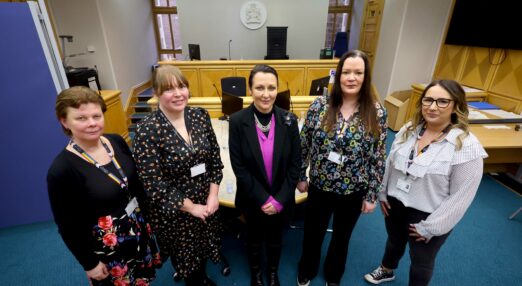
Minister goes to court to learn about services for victims and witnesses
As part of Victims’ Awareness Week, Minister for Victims and Community Safety Siobhian Brown visited Edinburgh Sheriff Court for a familiarisation visit.
Read more
-
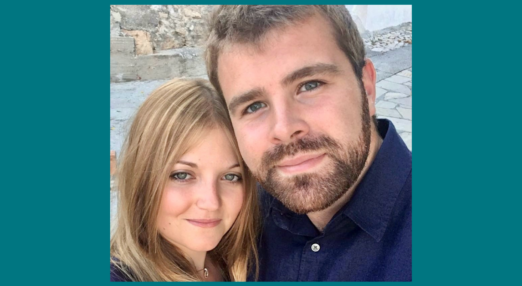
Bex’s story
Read more
-
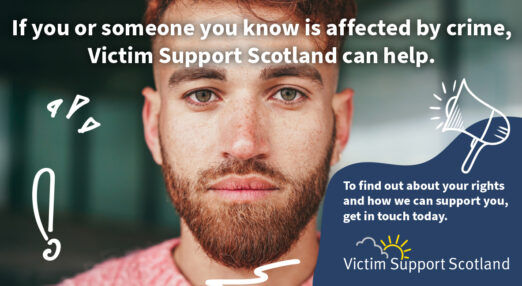
Campaign launches to support more victims of crime – press release
Read more
-
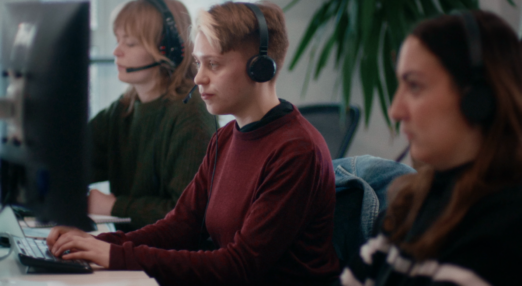
Student Volunteering Week – Priya’s story
Read more
-
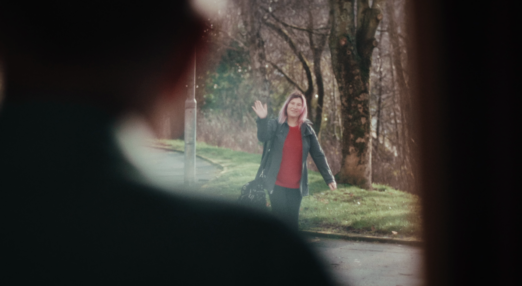
Student Volunteering Week – Anna’s story
Read more
-
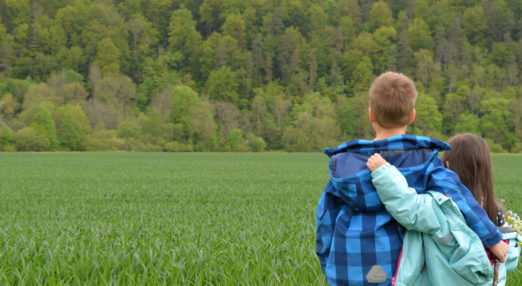
Victim support organisations sign open letter calling for anonymity for children who die as a result of crime
Read more
-
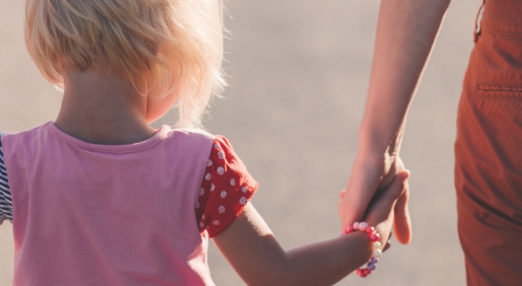
Over 60 families bereaved by crime in Scotland sign open letter calling for change in law to protect child victims of murder
Read more
-
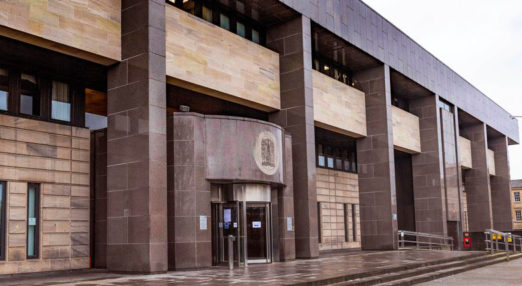
Victims and Witnesses – Joint Protocol
Read more
-
2023 – look back
Read more

